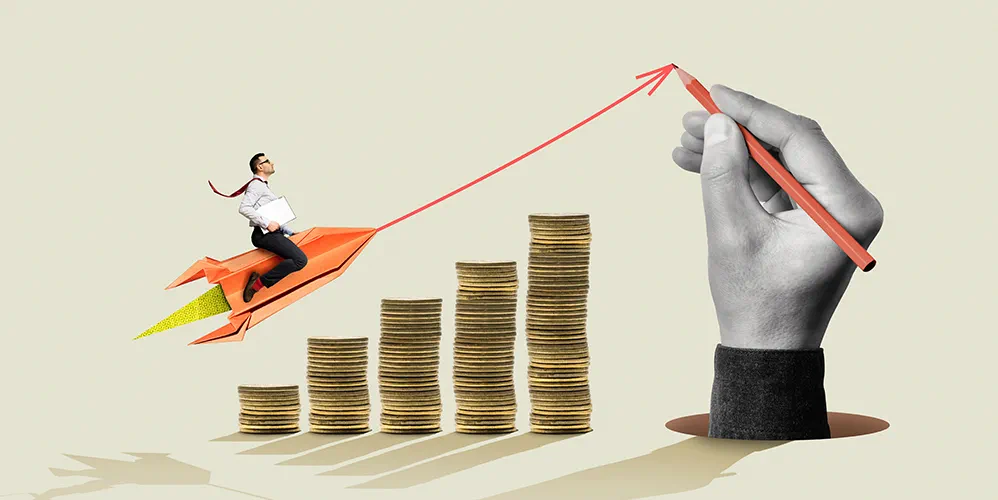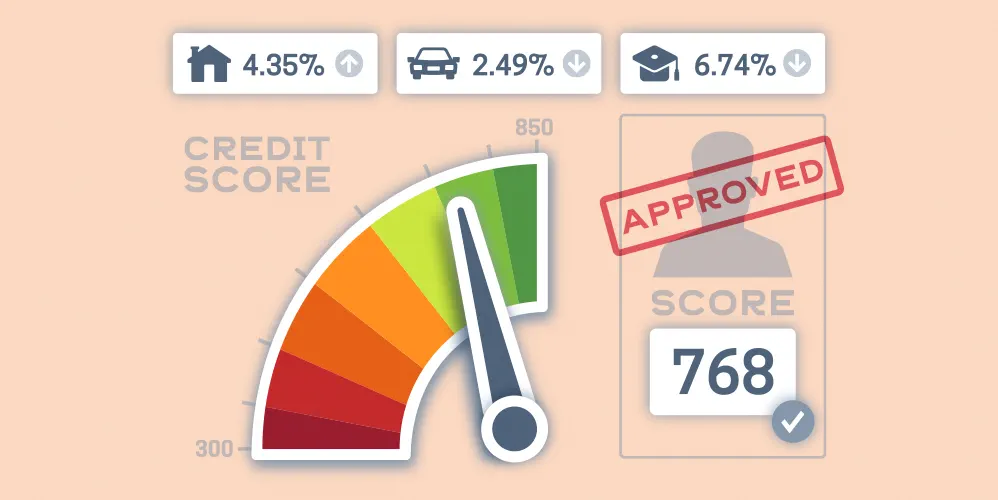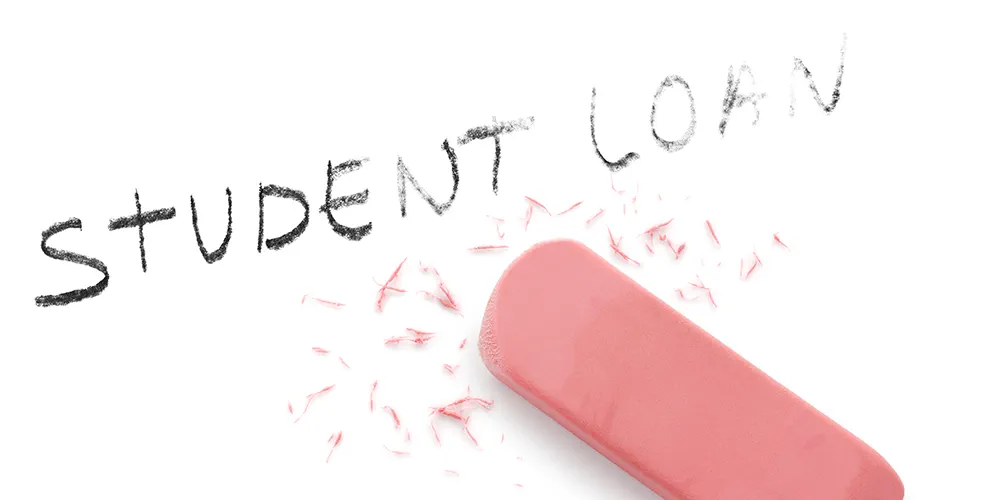
Government Subsidy on Electric Vehicle Purchases in India 2022: Here's How to Save Lakhs
03 Jun 2022

Table of Content
A cleaner and greener planet is the need of the hour. While changing the environment in a day’s time is implausible, we can certainly take small steps that will show results over time. One such measure is shifting to fossil-fuel-free Electric Vehicles (EV). Did you know that India had electric vehicles back in the late 1990s? However, due to insufficient technology, these vehicles saw a rapid decline. However, with today’s advanced technology and alternative commuting options, now is the best time to adopt greener modes of transportation. Moreover, the Government of India offers subsidies on electric vehicles, leading to savings in Lakhs. Here’s what you need to know about the Electric Vehicle Subsidy in India.
Government Subsidy on Electric Vehicles
To increase the usage of electric vehicles, the Government has increased its subsidy scheme for the purchase of electric vehicles. According to Budget 2022-23, the Faster Adoption and Manufacturing of Hybrid and Electric Vehicles (FAME) scheme shall provide a subsidy of up to INR 2908 Cr. The first phase of FAME began in April 2015, and it lasted till 2019 after numerous extensions. After the end of phase 1, phase 2 of FAME was released, which was supposed to end in March 2022. However, the Government has extended the period till March 2024. The phase-2 FAME scheme has supported over 200,000 vehicles, and the subsidy has amounted to INR 900 Cr.
You can get an incentive of INR 15,000 per KWh on two-wheeler EVs with an incentive cap of 40% of the vehicle cost. Previously, the incentive provided was INR 10,000 with a 20% incentive cap. Due to additional incentives at the state level, Karnataka ranks first when it comes to the number of beneficiaries under the FAME Scheme, followed by Tamil Nadu, Maharashtra, Rajasthan and Delhi.
You can avail of tax exemptions of up to INR 1.5 Lakh if you purchase the EV by taking a loan. Road Tax and discounts on registration fees are among the other subsidy on electric vehicles offered by the Government / State Government
Subsidy on Electric Vehicles in Select States
Below are the states that offer Government subsidy on electric vehicles on both two and four-wheeler vehicles.
Maharashtra
If you reside in Maharashtra, you can get INR 5,000 per kWh as a subsidy on Electric Vehicle. If you purchase a 4-wheeler EV, the maximum EV vehicle subsidy you can get is INR 1.5 Lakh if you are amongst the first 10,000 buyers. A scrapping incentive of up to INR 25,000, too, can be availed. In the case of 2-wheeler loan, you can get a subsidy of up to INR 10,000 for the first 10 Lakh buyers. You also get incentives on scrapping (up to INR 7,000) and buyback schemes (up to INR 12,000). To increase the sale of EVs, road tax and registration fees have been exempted by the Maharashtra Government.
Delhi
The Delhi Government offers an EV vehicle subsidy of INR 10,000 kWh on 4-wheelers with a cap of INR 1.5 Lakh as the maximum subsidy for the first 1,000 buyers. For 2-wheelers, you enjoy INR 5,000 per kWh with a maximum subsidy of INR 30,000 with a scrapping incentive of INR 10,000. Also, charges such as road tax and registration fees are fully exempted.
Gujarat
For Electric Cars, you can avail of INR 10,000 per kWh as an incentive, and in the early bird offer, 10,000 buyers can get a maximum of INR 1.5 Lakh in subsidies. If you purchase a 2-wheeler, you are eligible to get an incentive of INR 10,000 kWh. If you are one of the first 1.1 Lakh buyers, the subsidy is capped at INR 20,000. You pay zero registration fee and road tax. The state plans to reduce CO2 emissions by 6 Lakh tonnes and subsidise the purchase of 2 Lakh EVs by 2025.
Assam
The Electric Vehicle Policy of Assam, 2021, aims to improve air quality by enabling EVs to contribute to 25% of all new vehicle registrations by 2026. Following are the vehicle-wise incentive offered by the state of Assam.
| Vehicle Type | State Subsidy | Maximum Subsidy | Maximum ex-factory price of the vehicle |
|---|---|---|---|
| 2-wheeler | INR 10,000 per kWh | INR 20,000 | INR 1.5 Lakh |
| 3-wheeler | INR 10,000 per kWh | INR 50,000 | INR 5 Lakh |
| 4-wheeler | INR 10,000 per kWh | INR 1.5 Lakh | INR 15 Lakh |
Other incentives include no parking charges & road taxes for 5 years and a retro-fitment incentive of up to INR 15,000 for 3-seater auto rickshaws.
Meghalaya
Until 31st October 2020, Meghalaya has had only 6 registered EVs. The Government aims to enable the adoption of 20,000 EVs during the 5-year policy period. For 2-wheelers with a maximum ex-factory price of INR 1.5 Lakhs, the Government offers a subsidy of INR 10,000 per kWh for the first 3500 buyers. If you purchase a 3-wheeler EV, you get an incentive of INR 4,000 per kWh for the first 200 EVs. The ex-factory price of the vehicle should not exceed INR 5 Lakh. You can avail of an INR 4,000 incentive on purchasing a 4-wheeler EV of a maximum ex-factory price of INR 15 Lakhs. The early bird offer is limited to the first 2500 buyers.
Andhra Pradesh, Karnataka, Madhya Pradesh, Punjab, Rajasthan, Tamil Nadu, Telangana, Uttarakhand, and Uttar Pradesh do not offer direct subsidy on Electric Vehicle; however, you can get a complete waiver on road tax until the end of the EV policy of the respective states.
Electric Vehicle Vs. Petrol Vehicle/Diesel Vehicle – A Comparison
Energy Cost:
With Electric Vehicles, you do not have to worry about the changing prices of petrol and diesel. EVs use electricity to charge the batteries, and in India, the average per unit (1 Kilowatt/hour) costs anywhere between INR 7 to 10. Assuming the battery power of a 250 Km range 4-wheeler is 40 kWh, at INR 8 per unit, your electricity cost would be INR 350 for every 250 kilometres. In comparison, petrol and diesel prices are unstable, and have been on an upward trajectory for the longest time. We can expect even higher fuel costs in the future. Moreover, alternative renewable energy resources are further expected to reduce the energy and electricity costs.
Environmental Impact:
Crude oil is mixed with several chemicals to form petrol and diesel. Burning these chemicals leads to the emission of pollutants that are incredibly harmful to the environment. The carbon footprint from Electric Vehicles is not zero since electricity, too, is generated from fossil fuels. However, if you compare an electric vehicle vs petrol vehicle, the former is relatively greener.
Subsidies:
To accelerate the purchase of EVs, the Government offers subsidy on electric vehicles such as INR 10,000 per kWh for the first 10000 EV purchases. In 2019, the Faster Adoption and Manufacturing of Hybrid and Electric Vehicles (FAME) scheme offered INR 15,000 per kWh for a two-wheeler purchase.
Pricing:
Another reason the Government offers subsidies on EVs is their high cost. The battery used in these vehicles comes at a high price tag. These batteries are made of lithium, but are much bigger in size. However, by availing of the electric vehicle subsidy by central Government, consumers can bridge the gap between the costs of the two types of vehicles.
Maintenance Cost:
Electric Vehicles do not require oil or filter changes; hence, they require low minimal maintenance. EVs have fewer components, which means lesser maintenance.
Tax Benefits:
If you are taking a loan for purchasing a 4-wheeler or 2-wheeler EV, you can get tax exemptions of up to INR 1.5 Lakh under Section 80EEB of the Income Tax Act, 1961. You may avail of this benefit only once, and you should purchase the EV for personal use only. These benefits are not available for fuel-powered vehicles.
How to apply for Vehicle Loan?
While applying for an EV loan, you can follow the same steps as you would for any other vehicle loan. Here’s how to apply for Vehicle Loans.
- Select your desired EV from your car/two-wheeler dealership.
- Compare interest rates, maximum loan amount and tenure offered by various lenders.
- Once you decide on the lender, check their application process, whether it is online or offline.
- Fill out the application form and submit ID and address proof documents along with the proforma invoice of the car.
- Once approved, the lender will disburse the loan amount in the car dealership’s name.
Final Note
Irrespective of which type of vehicle you use, you must assess the pros and cons of electric cars and fuel-based cars. Of course, the subsidy on Electric Vehicles, makes it a more lucrative option. The great news is that you can also apply for vehicle loans to buy an EV, pay a small down payment and still avail of the subsidy. Ensure you check your state-wise rules and subsidy benefits before purchasing an electric vehicle.
Popular Articles
Tag Clouds
Related Articles










Guide to Getting Agriculture Loan: Application, Eligibility & Required Documents
-
Disclaimer
The contents of this article/infographic/picture/video are meant solely for information purposes and do not necessarily reflect the views of Bank of Baroda. The contents are generic in nature and for informational purposes only. It is not a substitute for specific advice in your own circumstances. Bank of Baroda and/ or its Affiliates and its subsidiaries make no representation as to the accuracy; completeness or reliability of any information contained herein or otherwise provided and hereby disclaim any liability with regard to the same. The information is subject to updation, completion, revision, verification and amendment and the same may change materially. The information is not intended for distribution or use by any person in any jurisdiction where such distribution or use would be contrary to law or regulation or would subject Bank of Baroda or its affiliates to any licensing or registration requirements. Bank of Baroda shall not be responsible for any direct/indirect loss or liability incurred by the reader for taking any financial decisions based on the contents and information mentioned. Please consult your financial advisor before making any financial decision.
Get Education Loan for Studying MBA in Abroad
Higher education helps extra edge to boost your career. It offers you an opportunity to explore your chosen field in great depth and helps you mould yourself into a knowledgeable professional. One of the most popular postgraduate degrees that students opt for these days is an MBA (Master of Business Administration).
Know How to Check Your CIBIL Score for Car Loan?
The Credit Information Bureau (India) Limited (CIBIL), now TransUnion CIBIL, is one of the 4 credit information companies. It is licensed by the Reserve Bank of India to collect and maintain the credit information of borrowers. Banks pass on your debt information to TransUnion CIBIL, which then collates the data to form an indicator to measure your credit, i.e., the CIBIL score.

